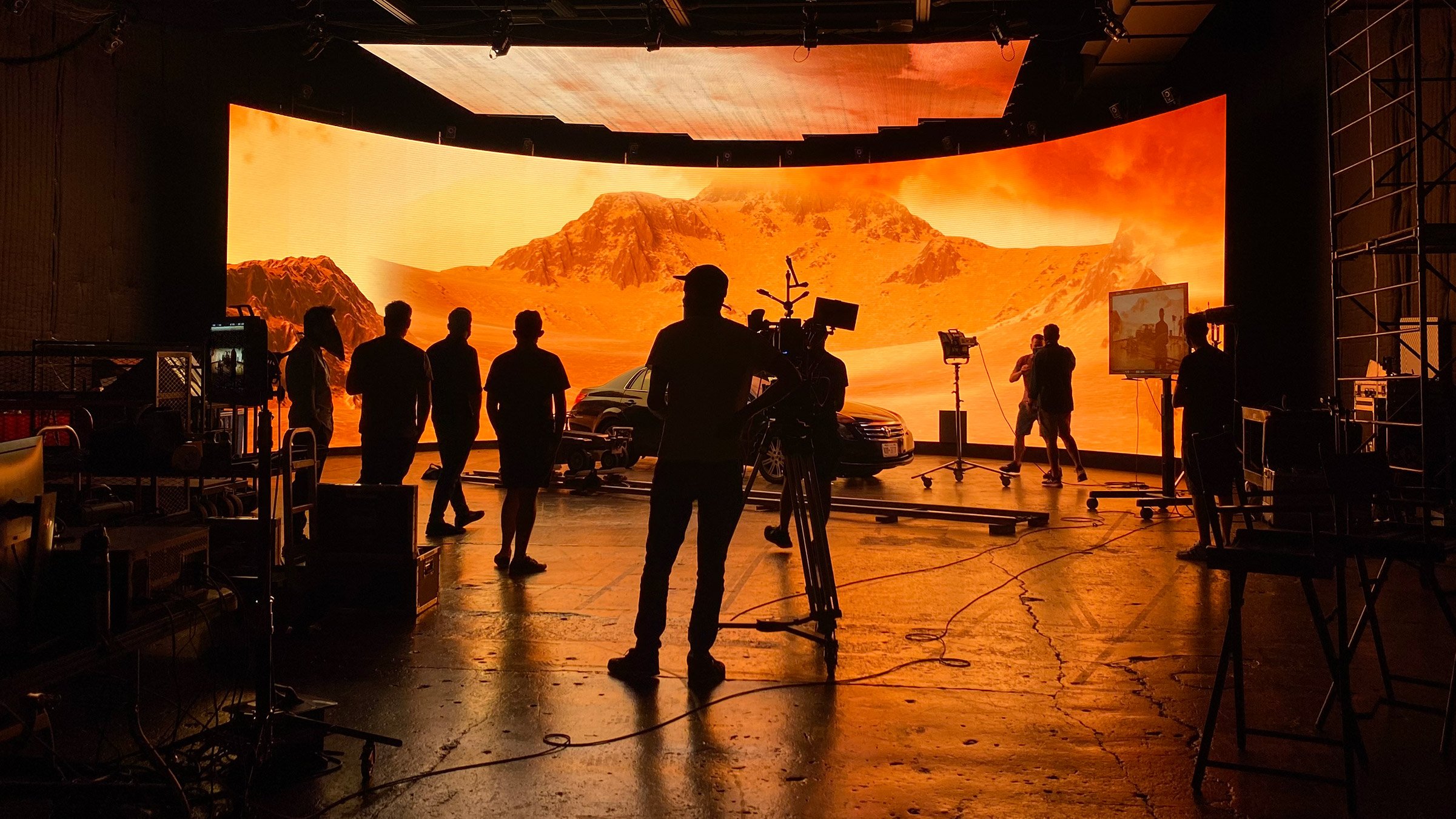The following case study analyzes an opera, Chasing Waterfalls. The opera, which premiered in Dresden, Germany on September 3, 2022, challenged traditional opera expectations by bringing a different way to integrate technology into the opera space. Chasing Waterfalls utilizes Artificial Intelligence (AI) software to write, compose, and perform its own aria live within the show.
Convergence and Innovation: Exploring How Blockchain is Shaping a New Era in the Korean K-pop Industry
Blockchain technology has began to permeate an essential aspect of South Korean culture, the K-pop business. South Korea's K-pop industry, famed for its distinct artistic expression and worldwide clout, is entering a new era of digital innovation. The K-pop industry, as represented by firms such as Modhaus, has begun to use blockchain technology, particularly non-fungible tokens (NFTs) and blockchain-based voting systems, to create new forms of engagement for fans as well as artists and music corporations.
In What Ways is AI Disrupting the Dance Industry?
Horizon 2028 Part 2: Audience and Industry Interview Perspectives
Horizon 2028 Part 1: The Future of Global Content Licensing
This report considers content and distribution strategies that allow Paramount Global Content Distribution (PGCD) to maximize subscriber growth and external licensing revenue. Given the symbiotic nature of licensing deals among studios, the research team focused on how PGCD can remain competitive in the streaming landscape with a balanced mixture of internally and externally licensed properties.
Hurdles Made of Dollar Bills: The Gatekeeping of a College Education in Musical Theatre
For this analysis, author Ashley Offman has analyzed Playbill's Top 10 List from the most recent Broadway season. To fully understand the opportunities available for those who are trying to enter the industry, Ashley analyzed the costs of the current (as of November 2023) top 10 most represented schools on Broadway, the competition surrounding the process, and the possible consequences of the Supreme Court’s ruling to end affirmative action.
Engaging the Next Generation Audience for the Legacy Music Artist: Les Paul Case Study
The following research was designed to gain an understanding of the legacy artist to further develop the Les Paul brand and increase recognition surrounding his name. The research team examined strategies for re-introducing Paul in an over-saturated media climate to younger generations through both quantitative and qualitative analysis.
To Stream or Not To Stream: Is that the right question anymore?
The current status of digital programming and investment varies widely across the arts and cultural sector. Some organizations have abandoned the streaming technology they experimented with, while others continue to incorporate digital programs and performances into their offerings. The following research reveals U.S. streaming trends and audience behaviors.
9 Ways Blockchain is Changing the Film Industry
AI and Virtual Production: The Past Meets the Future
Technology has played a critical role in the film industry since its inception. Advances in the film industry are always closely related to technological advances in society, integrating them quickly into the filmmaking process. Almost every aspect of filmmaking, from pre-production to post-production, from digital cameras, editing software, sound and music, distribution, exhibition, and of course, special effects, has undergone major changes and has evolved over the last 190 years.
Contemporary, traditional film production involves building physical sets, scouting locations, and coordinating large crews and equipment, all of which can be time-consuming and expensive. To overcome some of these "problems" or “needs” was born what we know today as Virtual Production. Virtual production has and will be further enhanced by the opportunities afforded by artificial intelligence.















